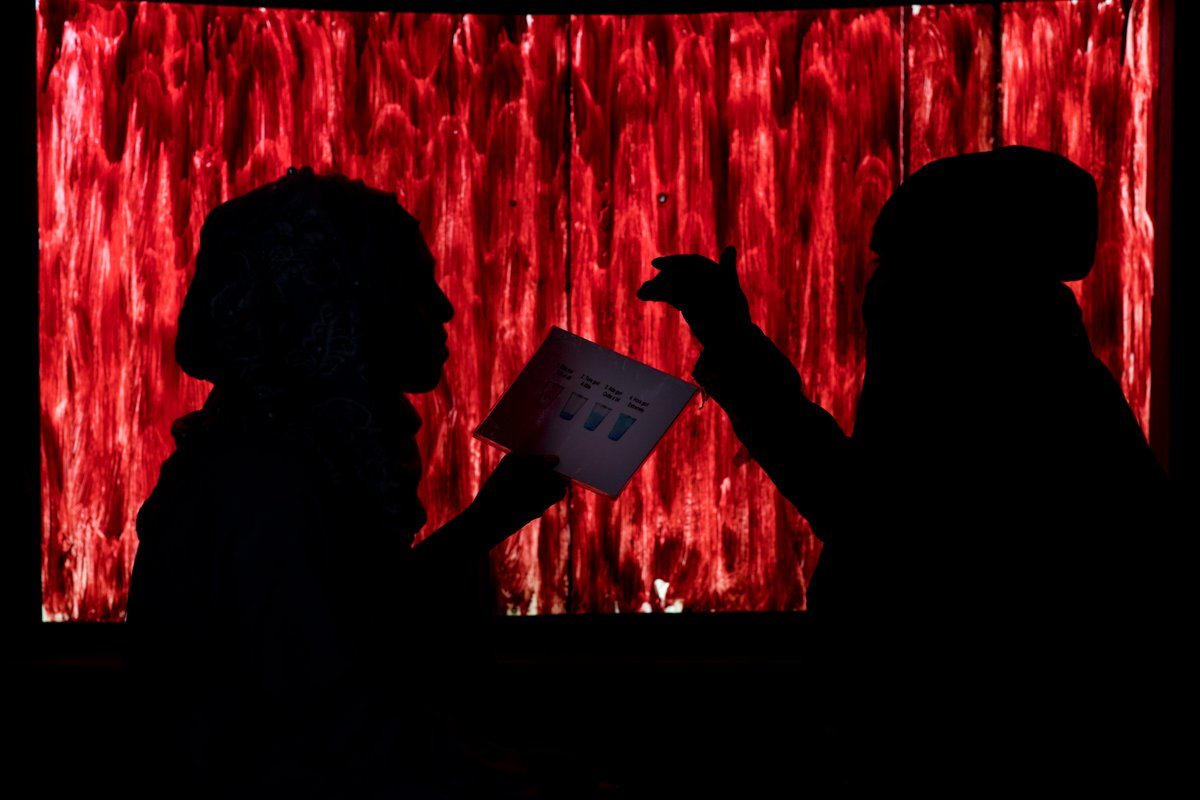
🧵 Today is #WorldMentalHealthDay.
Our research published in 2020 found that #Rohingya refugees in #Bangladesh continue to experience severe mental health impacts of genocide and atrocity crimes perpetrated in Myanmar, affecting their lives after physical wounds have healed. 1/
Our research published in 2020 found that #Rohingya refugees in #Bangladesh continue to experience severe mental health impacts of genocide and atrocity crimes perpetrated in Myanmar, affecting their lives after physical wounds have healed. 1/

Most Rohingya survey participants reported experiencing “recurrent thoughts or memories of the most hurtful or terrifying events” (97.6%), “feeling as though the event is happening again” (96.6%), and “recurrent nightmares” (82.2%). 2/
📸 Saiful Huq Omi, Counter Foto
📸 Saiful Huq Omi, Counter Foto

Rohingya reported experiencing symptoms of anxiety and depression, incl “worry[ing] too much about things” (92.5%), “feeling sad” (91.3%), “loss of interest in things [they] previously enjoyed doing” (89.5%), & “feeling tense” (88.7%). 3/
📸 Saiful Huq Omi, Counter Foto
📸 Saiful Huq Omi, Counter Foto

79.2% of Rohingya participants also indicated experiencing some level of “bodily pain from distress/tension.” A 25-year-old Rohingya woman told the research team: “I have muscle pain if I feel emotional pain, and I lay down and try to sleep.” 4/
📸 Saiful Huq Omi, Counter Foto
📸 Saiful Huq Omi, Counter Foto

A majority of surveyed Rohingya reported feeling “humiliated or subhuman,” which contributes to mental health distress. “They call us animals,” said a Rohingya researcher, referring to Myanmar authorities who refer to Rohingya as “khoung,” meaning “animal.” 5/
📸 Saiful Huq Omi
📸 Saiful Huq Omi

We urge the int’l community to address the root causes of the #Rohingya mental health crisis and ensure perpetrators of genocide are held accountable. #Bangladesh should also ensure access to rights for refugees. 6/ 📸 Saiful Huq Omi
Read our report here: fortifyrights.org/mya-inv-rep-20…
Read our report here: fortifyrights.org/mya-inv-rep-20…
• • •
Missing some Tweet in this thread? You can try to
force a refresh















